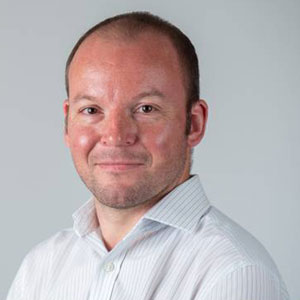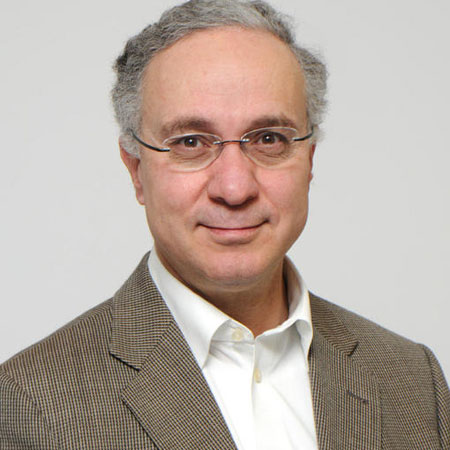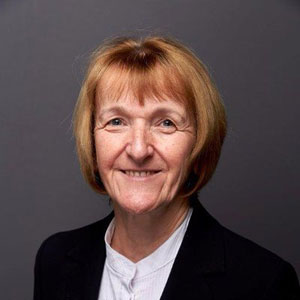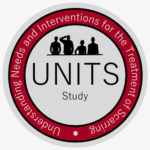Aim
This study will examine the efficacy and mechanistic basis of fractional ablative carbon dioxide laser therapy in treating hypertrophic scarring.
Background
Photo-thermal therapy (laser therapy) is one of the newer treatments developed to reduce established hypertrophic scars. Despite its broad usage its efficacy has not been definitively established due to suboptimal randomised control trial (RCT) design, varying patient selection, including the use of different laser types and a wide variety of outcome measures. In addition exactly how laser works to reduce scars is poorly understood, further limiting optimisation and patient stratification.
The study plans to observe a group of patients with mature burn scars (over 1 year old) and see what happens to their scars as the result of laser therapy. This study will allow us to define what outcomes are important, to test out scar assessment tools and explore what we think is happening at the skin cell level as a result of the laser treatment. In addition we may find biological changes after laser treatment which could help us understand how scars heal and potentially offer new treatments.
This study will be the first step towards conducting a randomised clinical trial (RCT) in many sites across the UK.
Method
This study based at Birmingham and Swansea aims to develop a robust protocol to assess efficacy of laser, considering feasibility of recruitment, retention in the study and suitable outcome measures using a fractionated laser therapy. The study will run over 2 years and aims to recruit 60 patients with established hypertrophic scars, from both military and civilian patients and will apply laser therapy to half of a scarred tissue area and leave the other half untreated. Patients will therefore act as their own controls. Assessment of scarring will be carried out blinded, using a range of patient derived and clinician derived outcome measures by 3 independent assessors. In this way we will be able to move forward to a larger RCT of sufficient size and scope to look at laser therapy efficacy, patient factors influencing outcomes such as gender, skin type and age, with sufficient data to develop a robust protocol and gain funding from a source such as NIHR.
Recruitment began in Birmingham in 2021.
Additionally the study will take biopsy samples across the treatment period to determine the cellular and molecular features of the response to laser therapy and associate these with the degree of scar reduction. These data will identify the tissue based mechanisms driving a good response to laser therapy and may help to identify further modifications or adjunct therapies to improve treatment efficacy.








